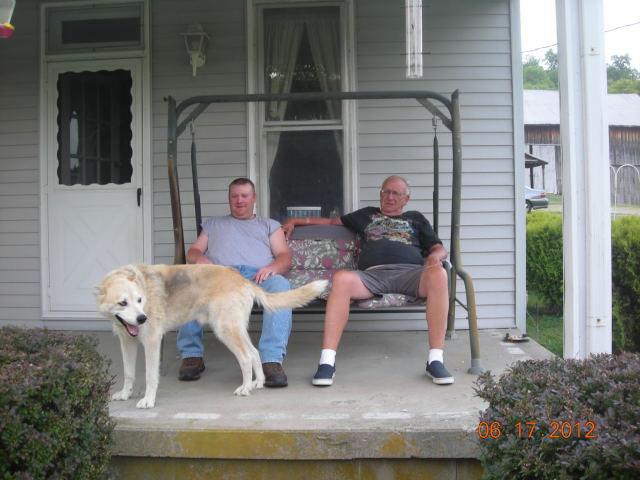No matter how much we’d like them to, dogs don’t live forever. Much like humans, dogs get old and eventually pass away. But just because your dog is getting on in years, it doesn’t mean that they no longer have plenty of love to give.
Depending on the breed and size of your dog, they might be considered senior from the age of about 6 (for large dogs) or 10 (for smaller dogs). Some people even try to deliberately adopt older dogs to give them a few years of a loving home.
How can you look after your senior dog and help them stay happy and healthy?
Know the Signs
As well as their age compared to their size and breed, there are other signs that your dog is getting old. The most obvious sign might be that their fur on their face is graying or lightening. This is especially common around their muzzle and sometimes their ears. Much like humans, different dogs go gray at different rates.
Your senior dog will also slow down. They might not be as active as they once were, and will probably sleep a lot during the day. Some older dogs might gain or lose weight.
Your dog might also be slightly stiff and less agile.
Depending on your dog, they will still enjoy going on walks, and walking is good for them, but expect less running around and more of a gentle pace as you walk.
Medication and Support
Some senior dogs might develop medical conditions. It can be hard to balance whether your dog is suffering or whether they can be treated and still enjoy a healthy life. Your vet should help you work out their quality of life.
If your dog has a medical condition that can be controlled, there’s no reason not to give them as many healthy years as you can.
Another issue with older dogs is that they are more difficult to operate on if they get injured. However, there are other solutions to help dogs recover from injuries. A hero brace can support your dog’s joints while they recover, relieving pain and allowing them to move about as they’re used to.
Saying Goodbye
The death of a pet can be heart wrenching. Whether you’ve adopted them later in life or watched them grow up from a puppy, it still hurts to let them go.
One of the hardest things is often deciding when it’s the right time. Many people agree that, if their dog is suffering and there’s nothing that can relieve them, euthanasia is the kinder option. Your dog might also slip away peacefully, and they will often go somewhere to be alone to do this.
Try to be there for your dog if you can, so you can say goodbye and your dog is comfortable and content in their last moments. Some people give their dog a treat beforehand, but the important thing is that they know they’re loved.
















